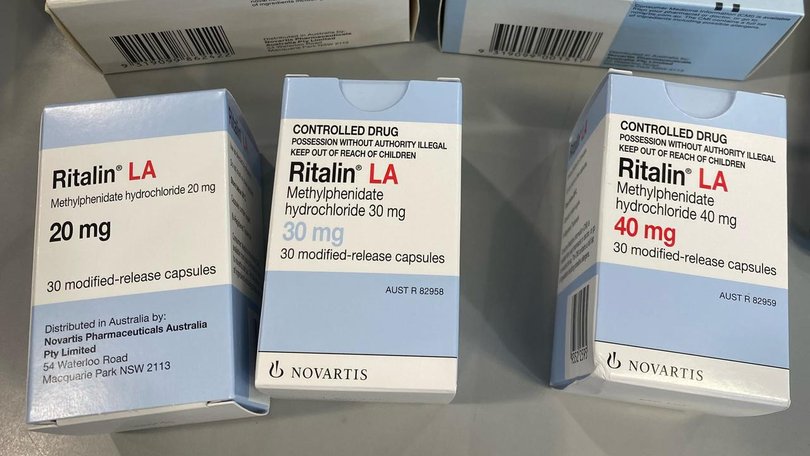Poisonings from ADHD medications more than quadruple in Australia over past 10 years
Poisonings from ADHD medications have more than quadrupled in Australia over the past 10 years, new research has found.

Poisonings from ADHD medications have more than quadrupled in Australia over the past 10 years, new research has found.
Analysis of nationwide data from the NSW Poisons Information Centre (NSWPIC) revealed that 3242 people were poisoned by a drug prescribed to treat attention deficit hyperactivity disorder (ADHD) in 2023 compared to the 795 cases recorded in 2014.
More than half of the 17,299 poisonings recorded in that 10-year period resulted in a hospital admission and more than 9000 cases involved children under 15-years-old.
Sign up to The Nightly's newsletters.
Get the first look at the digital newspaper, curated daily stories and breaking headlines delivered to your inbox.
By continuing you agree to our Terms and Privacy Policy.Amy Thomson, PhD candidate at the University of Sydney and lead author of the study, which was published this week, said while medications were an effective way of managing ADHD, the drugs could pose a serious risk if accidentally or intentionally misused.
“While the sharp rise in number of poisonings over the last decade can be partly explained by the rise in ADHD diagnoses, clonidine poisonings are outstripping diagnosis rates,” she said.
“Just one double dose of clonidine can put a child in hospital and with side-effects this serious it’s vital that both families and healthcare professionals are aware of the dangers and providing families with guidance.”
The study found that clonidine and Ritalin (methylphenidate) were the two most common medications involved in the recorded poisonings, with each one accounting for 35 percent of all reports respectively. Clonidine and Ritalin also accounted for the most hospital presentations.
Clonidine was designed to treat hypertension and is often prescribed for ADHD as a quarter or a half dose of a tablet.
Ms Thomson warned that these quarter or half-tablet doses can be tricky to administer accurately.
“Another reason can be miscommunication within the family, typically where both parents give their child a dose of medication, not realising the other has already done it,” she said.
“Children can also be curious and ‘try out’ their siblings’ medication, underscoring the importance of storing medicines safely out of reach.”
Almost three quarters of accidental poisonings with ADHD medication involved children aged 15 and under.
While most poisonings were accidental, more than a third were the result of deliberate misuse.
The researchers warned that because the NSWPIC data is self-reported, the true number of ADHD medication poisonings could be much bigger.
The number of Australians diagnosed with ADHD more than doubled between 2013 and 2020.
The West Australian revealed this month that the huge rise in Perth children with developmental and behavioural issues, such as ADHD and autism, has left families waiting more than four years to see a paediatrician.
As of September 30 this year, almost 12,000 primary school-aged Perth children were waiting to access a paediatrician, which is almost double the number from two years ago.
Currently only developmental paediatricians can diagnose ADHD in children and prescribe medication.
